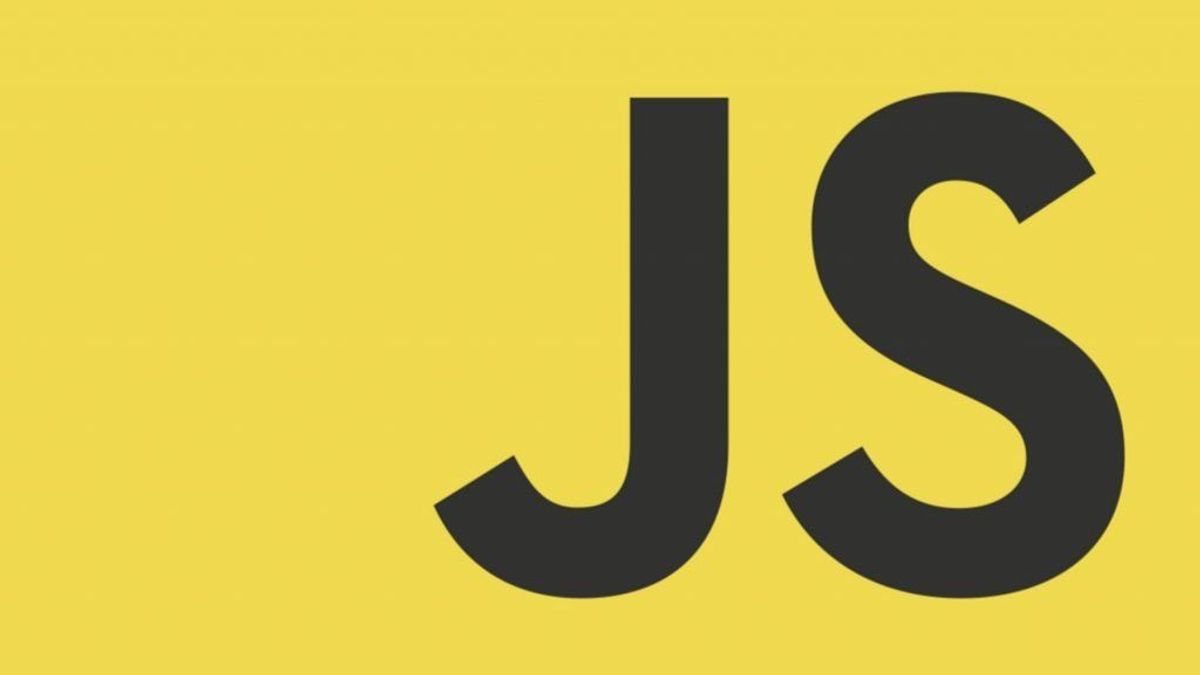
Template literals
Template literals, introduced in ES6, are a new way to work with strings. You can create multi-line strings and insert different expressions.
Syntax:
A template literals are wrapped in backticks (``). instead of quotation marks. To insert an expression in a template a dollar sign and two curly braces are used(${}).
Single Line:
let newString = `This is a new string`;
console.log(newString);Multi-Line:
let multiLineString = `This is line 1
This is line 2`;
console.log(multiLineString);With an Expression:
let total = '$100';
let stringWithExpression = `The total price is ${total}.`;
console.log(stringWithExpression);let price = 10;
let quantity = 5;
let totalPrice = `The total price is $${price * quantity}`;
console.log(totalPrice);Tagged:
Tagged templates allow you to parse template literals with a function. The first argument of a tag function contains an array of string values. The remaining are related to the expressions.
function tagged(str) {
console.log(str);
}
tagged`this is a test`;
//['this is a test']A tagged function can do whatever calculations or comparisons you want to the arguments. Also these functions do not have to return a templated string.
let num1 = 20;
let num2 = 4;
function calculations(str, n1, n2){
if (n1 > n2) {
lessThan = `${n2} is less than ${n1}`;
}
return `These numbers are not equal because ${lessThan}`;
}
calculations`Are ${num1} and ${num2} equal?`;
//if you console log the arguments for this function
//it will return an array of string and then the numeric values
//["Are ", " and ", " equal?", raw: Array(3)] 20 4